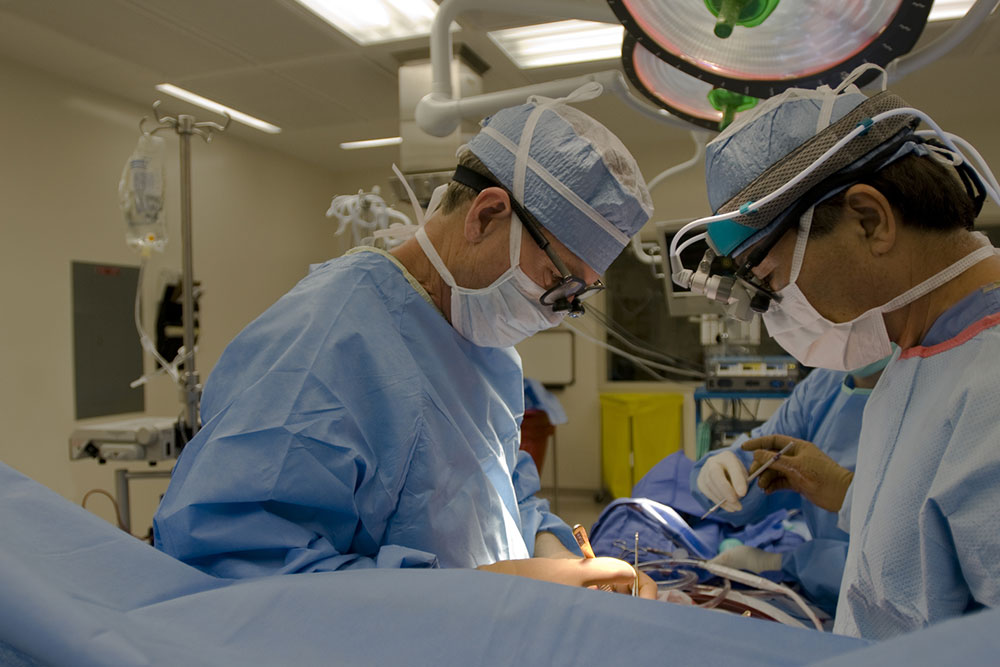Comprehensive Guide to Sleeve Gastrectomy: Procedure, Benefits, and Costs
This comprehensive guide explains gastric sleeve surgery, including its procedure, benefits, costs, and post-operative care. Suitable for individuals considering weight-loss surgeries, it highlights eligibility, recovery, and how to select reputable surgeons for optimal results.

Sleeve Gastrectomy Explained: Procedure Highlights, Advantages, and Price Range
Sleeve gastrectomy, commonly referred to as gastric sleeve surgery, is a widely performed weight-loss operation designed to enhance health by controlling appetite and metabolic processes. While generally safe, it requires professional medical assessment and care. Recovery typically spans a few weeks, during which normal activities can be resumed gradually. Understanding this procedure’s core aspects aids individuals in making well-informed decisions about their health journey.
Candidate Requirements
Candidates usually have a BMI of 40 or higher. BMI, or body mass index, is calculated by dividing weight by height squared in meters. Individuals with obesity-related conditions like sleep apnea, hypertension, or type 2 diabetes may also qualify, even with lower BMI. Prior efforts with lifestyle changes and non-invasive treatments are often prerequisites. Medical teams, including doctors, dietitians, and mental health experts, perform tests and screenings to assess eligibility.
Procedure Overview
Once deemed suitable, the surgery date is set. Patients are usually advised to follow a liquid diet for two weeks prior and undergo a 12-hour fast before surgery for safety. The operation involves inserting small instruments through tiny incisions, usually with laparoscopic guidance. A camera, or laparoscope, assists the surgeon in visualizing inside. About 80% of the stomach is removed, leaving a slender, tube-like sleeve. The operation lasts approximately 1 to 1.5 hours, with patients remaining in the hospital for 1-2 days for initial recovery and observation.
Minimally invasive procedure using small incisions enables quicker healing.
The main aim is to reduce stomach size, limit food intake, and influence hunger hormones.
Post-surgery hospital stay is typically 1-2 days, with follow-up to ensure proper recovery.
Benefits and Expected Results
This surgical approach significantly decreases food consumption, leading to early satiety and reduced cravings. It often results in improvements or remission of health issues such as hypertension, insulin resistance, high cholesterol, fatty liver disease, joint discomfort, and heart-related risks. Being less invasive, it promotes faster recovery and fewer complications, as internal organs are preserved and not rearranged.
Price Estimates
The average cost for a sleeve gastrectomy hovers around $19,000. Expenses can vary from approximately $17,000 to $26,000 and may reach up to $33,541 depending on factors like hospital selection, surgeon expertise, post-operative care, and length of stay. Insurance coverage varies; many plans may cover part of the cost if the procedure is medically necessary, as confirmed by a healthcare provider.
Post-Surgery Care
Follow-up appointments are key to monitor healing and manage side effects. Regular blood tests might be required to check levels of iron, glucose, calcium, and vitamins. Dietary adjustments include transitioning from liquids to small, nutritious meals, avoiding high-calorie foods, and taking recommended supplements. These lifestyle changes help maintain weight loss and overall health improvements.
Begin with liquids, gradually adding small, balanced meals over time.
Avoid high-calorie foods and sugary drinks to prevent overfilling the stomach.
Adhere to supplement guidelines to prevent nutritional deficiencies.
To find qualified specialists, searching local directories for “gastric sleeve surgeons near me” is helpful. Reviewing patient feedback, consulting medical professionals, and verifying insurance coverage aid in choosing the right provider.
Important Reminder:
This overview provides educational information on symptoms, treatments, and side effects. It is not a substitute for professional medical advice. Always seek personalized guidance from licensed healthcare practitioners for diagnosis and treatment planning.


